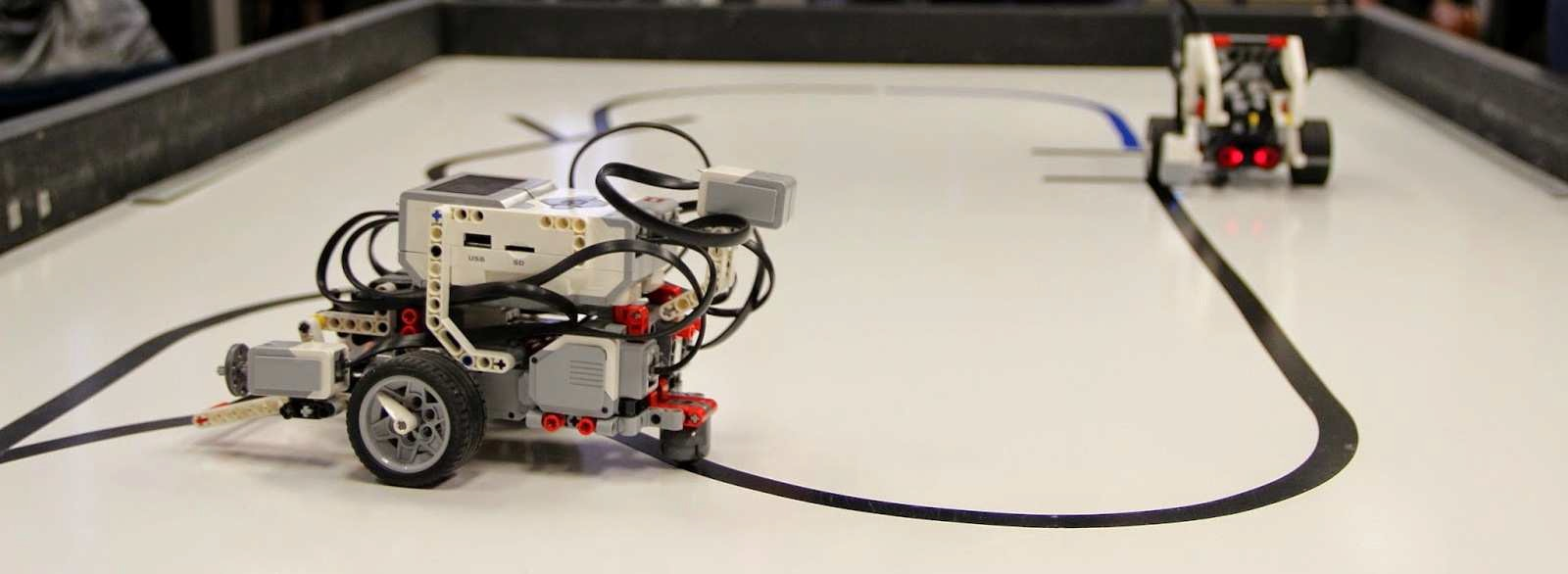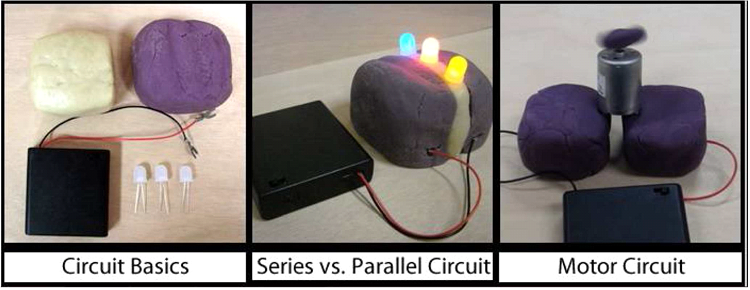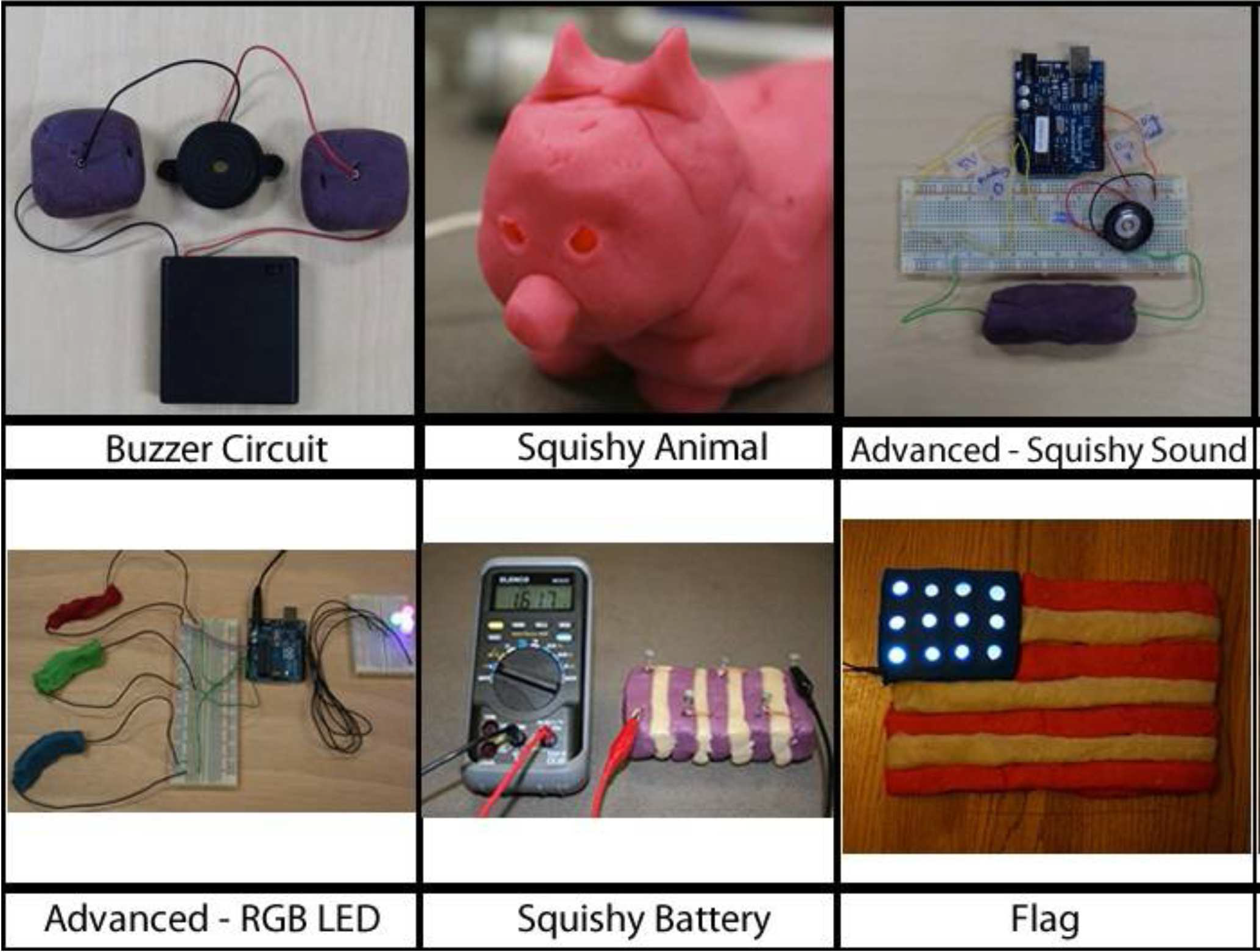

ROBOCAMP
Suitable for - Age 9 onward or Year 5 onward
To find about our next upcoming workshop, please click here!
A Chinese proverb states:
“Tell me, I will forget. Show me, I may remember. Involve me, and I will understand.”
What is Robotics?
Robotics is the interdisciplinary branch of engineering and science. Robotics deals with the design,
construction, operation, and use of robots as well as computer systems for their control, sensory
feedback, and information processing. Robotics is the future of education where every aspect of STEM is
covered. Robotic Education nurtures creativity and brings in team spirit and team performance from the
early age. Innovative and analytical ability in addition gets a boost which in our education system is
touching only base.

Why Robotics?
The most compelling reason for a robotics curriculum is that it introduces students to knowledge,
concepts, and skills that are needed for understanding the intelligent information-based technology of
the future. Robotics is the newly envisioned curriculum that integrates math, science, technology and
math content and skills. Robotics engages students in complex, strategic problem-solving and
higher-order thinking that are set of skills wherein it is high priority for 21st century education.
-
It emphasizes on the following:
- Meaningful problem-based learning
- Integration and application of knowledge
- Hands-on learning in cooperative groups
- demonstrable mastery of new learning
- applied mathematical and logical reasoning
- Introduction to mechanics, electrical circuits, sensory systems
About the ROBOCAMP Program
As a foundation on which we train and motivate children in achieving excellent results in Robotics,
following are some of the training mechanisms used:
The ROBOCAMP program is well crafted for year 4 to GCSE. The solution has various needs that takes the students to different stages of learning. The students are introduced to activities that help them understand and apply STEM knowledge.
-
The students are introduced to:
- Electro-Mechanical Design through Mechanical assembly, Motors, Sensors and fundamentals of mechanics
- Computer based digital learning through logical algorithms, computer applications and automation principles
- Building intelligent systems through programming and create complex applications and explore further logical designs
- Introduction to open source platform and build the robotics applications
-
The program comes with the hands on learning kits where each student gets an opportunity to build their
robot. The support mechanism from Holiday School helps in following ways;
- In house full time faculty for taking Robotics program at school across various grades
- The training will be completely Hands on Experience
- Individual attention on the students
- Effective timetable management
- Setting up additional resource at robotics lab.
- Computer lab can be used for Robotics open source programming.
The activities have a sequenced thread running through them, in that students begin by building and programming simpler robots, become familiar with sensors, and gradually master more complicated programming concepts.


-
The concepts to be covered are:-
- Types of Autonomous Robots
- Elements of an autonomous robot
- Microcontroller based robots
- Pre programmed robots
- Self learning robots Microcontroller
- Overview of available microcontrollers
- The ATMEGA series of micro controller and its core
- Its features and capabilities Programming of IDE
- Use of ARDUINO Software
- Writing code
- Accessing various functions of micro controller
- Implementation of various algorithms
- Implementation of artificial intelligence
- Games design – 3D games Actuators
- DC Geared motors
- Stepper Motors
- Servo Motors
- Motor Drivers
- Electromechanical: Relays
- Solid-state drivers: H-bridge, IC drivers
- Sensors
- Light: LDR, photodiodes, phototransistors
- Heat: Thermostats
- Sound mike
- Ultra-Sonics
- Mechanical touch sensors
- Power Supplies
- AC adaptor
- Different types of batteries
-
Structure:
- Level 1, Age 10 and 11 (Or Year 5 & 6) - Basics circuits and an introduction to the 555 timer IC.
- Level 2, Age 12, 13 and 14(Or year 7, 8 & 9) - Sensing circuits and advanced interfacing (e.g. transistors).
- Teaching the concepts and hands on projects.
- Each student receives a course manual with an electronics kits to create a wide variety of electroncis projects.
Robocamp courses are introduced on 2 Levels:
-
Duration:
- Each course runs over a 10 day workshop.
- 3 hours per day
- 30 hours in total
-
Fees:
- £450 for the workshop(includes content)